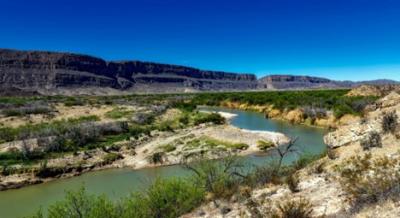Innovative Water Leasing to Combat Western U.S. Drought Challenges
Water scarcity is a major challenge in the Western U.S., especially during droughts. Traditionally, reallocating water through formal leases is costly and slow, due to legal hurdles. We found a way to make this process faster and cheaper using "informal leases." These leases are agreements where water users pay others to conserve water, bypassing the legal system. This method was tested in Colorado and could have saved up to $222 million from 1950 to 2013. By reducing transaction costs, informal leases help urban areas get water more efficiently during droughts, benefiting both buyers and sellers.
This research addresses the challenge of reallocating water efficiently during droughts in the Western U.S., where legal processes make water trading costly and slow. We propose a new method using "informal leases," which are financial agreements that bypass the legal system, allowing quicker and cheaper water transfers. This is the first study to apply such a method for water reallocation. Our approach could save up to $222 million for urban water users by reducing transaction costs. It also offers a model for other regions facing similar water scarcity issues, potentially impacting fields like environmental management and urban planning.
In our research, we explore a novel approach to water reallocation in the Western United States, specifically within the Upper Colorado River Basin, where traditional water market transactions are hindered by high regulatory costs. We propose the use of "informal leases" as a mechanism to facilitate rapid and cost-effective water transfers during droughts. These leases bypass the formal approval process by employing financial contracts that allow junior water rights holders to divert water conserved by senior rights holders. Our simulations demonstrate that this approach could have generated up to $222 million in additional benefits for urban water users from 1950 to 2013.
The informal leasing framework relies on index-based option contracts, which include adaptive triggers and define compensatory releases to mitigate impacts on instream flows and third parties. This method not only reduces transaction costs but also aligns incentives among stakeholders, potentially increasing cooperation and reducing litigation risks. By compensating all parties involved, the framework addresses both institutional and environmental risks, offering a promising alternative to traditional water management strategies in the face of increasing drought frequency and severity. This approach could be broadly applicable across regions with similar water allocation systems.

